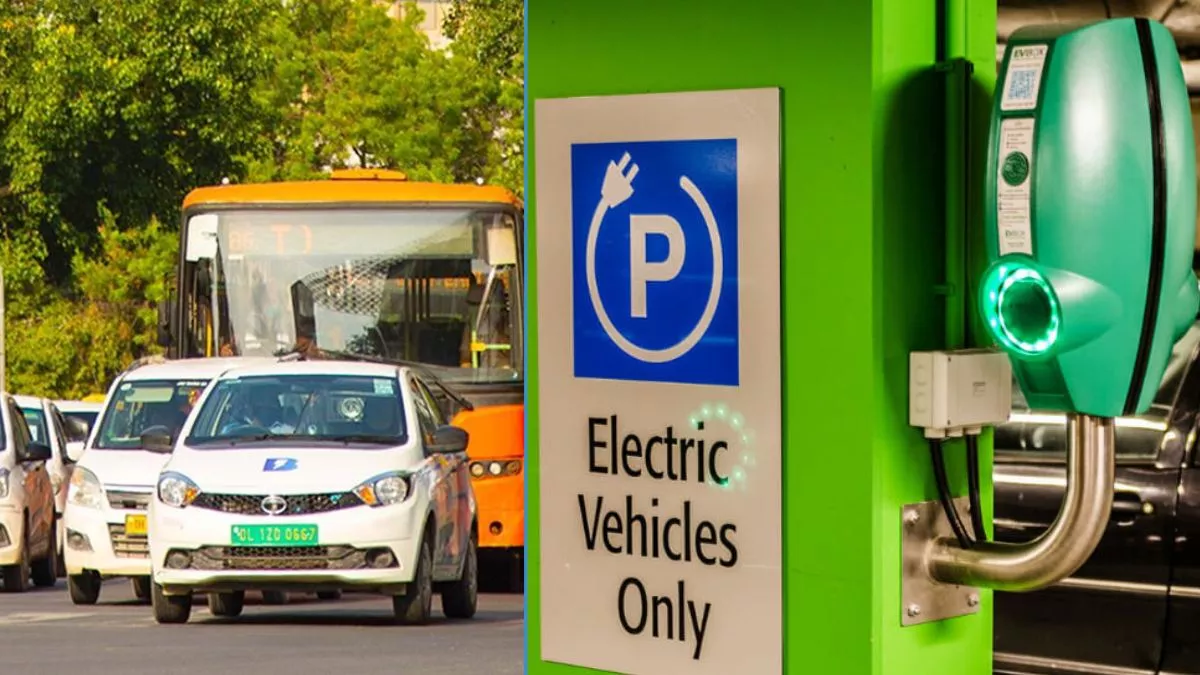
In Short : The government will hold a second meeting with stakeholders to issue draft guidelines for a new EV policy. This collaborative effort aims to gather input and refine the policy framework, promoting the adoption and development of electric vehicles in India.
In Detail : New Delhi : The Heavy Industries Ministry will hold a second round of meetings with stakeholders in a month or two to issue draft guidelines for the new electric vehicle (EV) policy, designed to attract global automakers like Tesla. Is. manufacturing operations in India, a senior official said on Monday.
The official said automakers wishing to avail incentives under the policy will have to make fresh investments as per the new norms and old investments will not be considered.
According to the official, this has been communicated to Vietnam’s electric car maker Vinfast, which in February this year had said it would invest US $ 500 million (Rs 4,000 crore) in Tamil Nadu over a period of five years.
In a significant step aimed at revolutionizing the EV scenario in India, the government on March 15, 2024 approved the Scheme for Promotion of Manufacturing of Electric Passenger Cars in India (SPMEPCI).The first stakeholders meeting was held in April which was also attended by an advisor representing Tesla – The Asia Group (TAG).
“We have received a lot of representations. We have studied them, so maybe in a month or two we can hold a second consultation meeting. The task before us is not to issue guidelines,” the official said.
Stating that the government intends to release them through a consultation process, the official said, “We will make draft guidelines and circulate them among the potential applicants and call a consultation meeting again.,
Asked whether Tesla would be invited to the second consultative meeting, he said, “We will invite everyone, whoever wants to come is welcome.”
He said companies eligible under SPMEPCI can import at lower duty provided they invest USD 500 million in greenfield investment.
“On March 15, the scheme was notified and it was written that within 120 days the government would open the window and publish its guidelines.
The senior official said, “Therefore, when the window opens on or after July 31, it will remain open for 120 days or more. During the period of opening of the window, companies can apply. So, companies will apply and we will evaluate their applications.”
The official said Vinfast asked whether their old investment would be counted and the government said it would not be counted.
“They said they would stop further investment in that situation until the plan comes out. We said OK,” the official said, adding that there is no commitment, only actual investment will be counted under the scheme.
He told that this is a five-year plan so the window can be opened again in future. The official said that under the policy, when automobile manufacturers apply for the scheme, the government will give them eligibility certificates.
“Whatever is written in the norms of PLI Auto Scheme will be followed in the scheme,” the official said. Investment means installation of plant and machinery, charging infrastructure and assets.”
He clarified that the assets need not be located at the company’s plant premises but should be owned by the company.
The official further said that royalties will not qualify as investments under the scheme.” Royalties on import of technology will not qualify as part of investment. So Bosch had a problem with that,” the official said during discussions during the first consultation.
According to the new policy, companies that will set up manufacturing facilities for EV passenger cars in India with a minimum investment of Rs 4,150 crore (US$500 million) will be allowed to import a limited number of cars at a minimum customs duty/import duty of 15 per cent. Will be allowed to do so. cents on vehicles costing US$35,000 and above for five years from the date of issue of approval letter by the government.
The manufacturing facilities will have to be commissioned within three years from the date of issue of approval letter by the Ministry of Heavy Industries and will have to achieve minimum domestic value addition (DVA) of 25 per cent and minimum DVA of 50 per cent within the same period. Within five years from the date of issue of approval letter by MHI.











